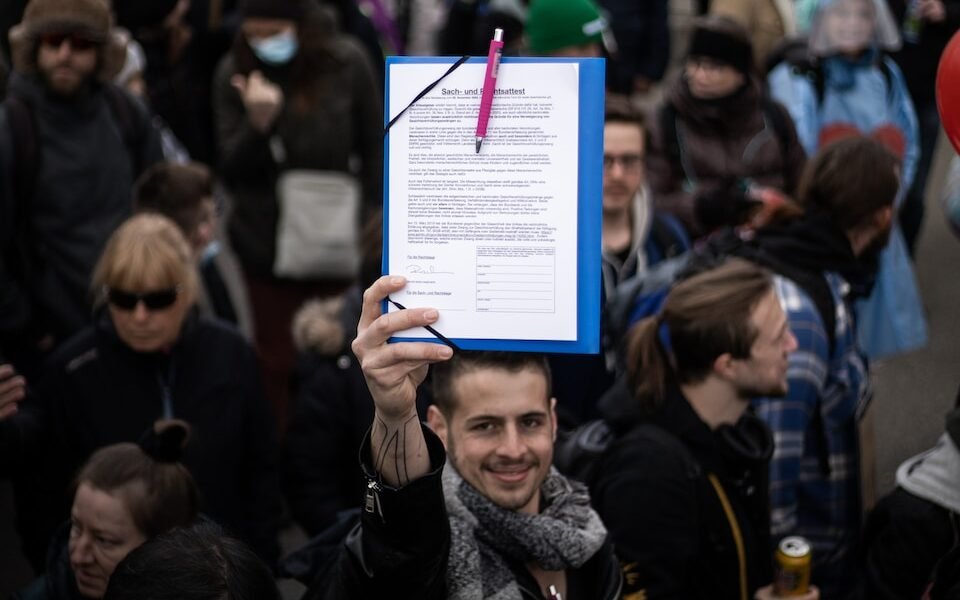In a recent turn of events, American voters have voiced their displeasure, yet unsurprisingly, regarding the latest negative rating of the U.S. economy. Fitch, a prominent ratings agency, announced a downgrade of the United States’ long-term foreign-currency issuer default rating from “AAA” to “AA+,” citing concerns about the country’s fiscal deterioration and mounting debt burden. The news has sparked widespread discussions and criticisms across the nation.
Voters Speak Out
Among those expressing their concerns is Al, a voter who spoke to FOX Business about the nation’s standing in the world. He lamented, “We’re losing our standing in the world, it’s making us look bad in the world. We can’t spend money we don’t have. Families can’t spend money they don’t have.” Al criticized the political forces for resorting to printing more money whenever someone demands something, emphasizing the need for fiscal responsibility.
Fitch’s Assessment and Janet Yellen’s Response
Fitch attributed the downgrade to several factors, including America’s “erosion of governance,” rising deficits, and actions taken by the Federal Reserve. The agency also predicted a mild recession for the U.S. economy in the fourth quarter, adding to the overall economic gloom.
However, U.S. Treasury Secretary Janet Yellen defended the Biden administration’s approach, claiming that Fitch relied on outdated data and failed to acknowledge the progress made during this administration. She cited bipartisan legislation addressing debt limits and investing in infrastructure as signs of improvement.
Impact on the American People
For many voters, the downgrade raises concerns about the economy’s confidence. Gene, an “average New Yorker,” pointed out that Bidenomics has not been successful since the president took office. While he isn’t overly worried about the credit rating, he expressed worry about inflation’s detrimental effects on everyday expenses like electric bills and groceries. Gene emphasized that ordinary Americans are feeling the economic strain daily.
Affecting the 2024 Elections
As the credit downgrade adds to the economic woes, voters are contemplating how it might influence their decisions in the upcoming 2024 elections. Kathy, a retired teacher on a small pension, explained that the economy and inflation have been challenging for her financially. With her expenses rising and income shrinking, she faces a significant decision regarding the next president.
The Role of Credit Ratings
Investors often rely on credit ratings to gauge the risk associated with financing companies and governments in the debt capital markets. A lower rating typically translates to higher financing costs for the borrower.
The White House’s Silence
In response to the voter quotes and concerns, the White House Council of Economic Advisers did not provide immediate feedback or reactions.
Assessing the Future
As the U.S. economy faces a downgrade and voters express their discontent, the nation finds itself at a critical juncture. The government’s fiscal decisions and economic policies will shape the future landscape, leaving voters to ponder which candidate holds the key to a stronger and more stable economy.
(H2: Conclusion)
In conclusion, the recent downgrade of the U.S. economy has stirred conversations among American voters, raising questions about the country’s financial stability and the impact on everyday lives. As the 2024 elections approach, the economic landscape is likely to play a significant role in shaping voters’ decisions. With the nation at a crossroads, only time will reveal the path chosen for economic recovery and prosperity.
Download our app MadbuMax on the Apple App Store for the latest news and financial tools. Interested in getting your finances in order do not forget to check Dr. Paul Etienne’s best-seller book on personal finance. To access more resources, tools, and services please click here. Also, do not forget to follow Dr. Etienne on IG or Twitter.





